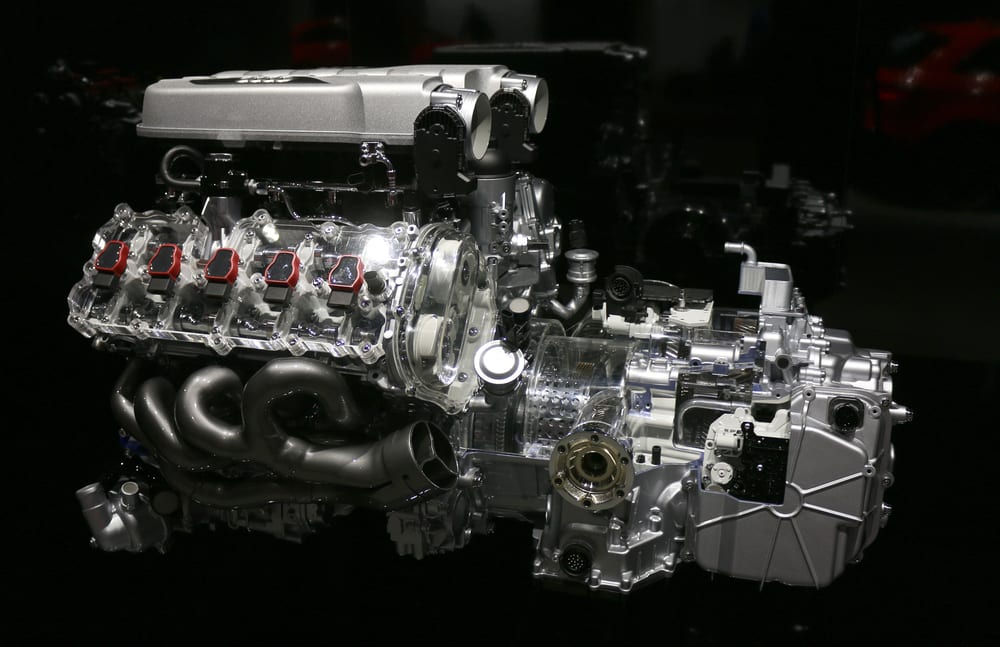

Horsepower is one of those terms that everyone recognizes, but just try asking someone what it means. You’ll more than likely receive a blank stare or a quickly mumbled response that doesn’t really help. The following are six things you need to know about horsepower so you can make the right decision for your vehicle.
What It Is
Horsepower is a unit of measurement used to denote work over time. One horsepower is equal to 33,000 lb-ft per minute. James Watt, who was creating steam engines to replace horses, originally developed it. While Watt’s calculations are considered a bit optimistic as far as how much work a horse could do for that period of time, the measurement stuck and is what is used to measure power today.
Power vs. Weight
In vehicles, horsepower is used to explain the power of the car’s engine in relation to its weight. The idea being, of course, that the heavier the car the more horsepower is required to move it. When considering a vehicle, especially one like an SUV that is considerably heavier, you would expect to see a higher horsepower rating for the engine.
Hauling Performance
Horsepower is especially important when considering certain vehicles. For example, if you are looking for a truck that can haul large equipment or a trailer, you will want one that has higher horsepower to get the vehicle and the load moving. This also applies to those purchasing SUVs – while there are four-cylinder models available, the corresponding horsepower probably wouldn’t make it a good option if you plan to haul the family camper during vacations.
Faster Speeds
For those interested in performance vehicles, horsepower is also worth noting – especially if you want a car that will offer power and speed. If you consider some of the most popular models and their speed tests, take a look at the ones with the lowest acceleration time from 0-60 mph. If the cars are of similar weight but one has a faster time, you can be sure it has a higher horsepower rating.
Weight Matters
High horsepower is great, but you also need to pay attention to the weight of the vehicle as well. You may see a vehicle with lots of horsepower, but that doesn’t necessarily mean it will be the fastest. If another car has the same horsepower but weighs less, it will produce higher speeds.
Fuel Factors
The easiest way for an engine to make more horsepower is to inject more fuel into the cylinder. While this could mean better acceleration or towing capacity, understand that this will negatively affect fuel economy. Vehicles with higher horsepower ratings will generally get worse gas milage. Turbocharging is a clever way to get more power out of a smaller engine while maintaining fuel economy.
Horsepower is a term that's thrown around a lot in the automotive world. We usually think higher horsepower is better, but that doesn't take into account other important factors like vehicle weight or engine configuration. Understanding horsepower and how it relates to performance, towing capacity, and fuel economy will help you make better-informed car buying decisions.



